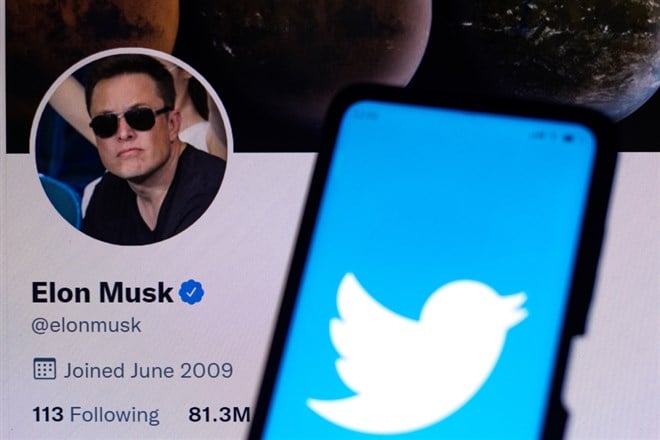Elon Musk and his company Tesla NYSE: TSLA, have been in the spotlight in recent months, particularly since he made Twitter private through a $44 billion acquisition.
Since first announcing his acquisition of the platform, Musk has sold $22.9 billion worth of Tesla stock. A large amount of those shares were sold this week, including 22 million sold on Thursday alone.
Musk's reason for selling shares remains a mystery, but here are some theories about why.
Funding Twitter Acquisition
The most obvious reason that has been floating around social media recently is that he wanted the cash to fund his acquisition of Twitter. More specifically, it seems plausible that he's using the proceeds of the sale to help deleverage his investment. Musk reportedly borrowed $13 billion to finance the Twitter deal through bank loans. With soaring interest rates combined with the platform's loss-making proclivities, he could be plugging some of Twitter's holes to buy him the runway to turn the platform into a profitable venture.
To support this theory, Musk gave us a cryptic clue on December 14 in the form of a tweet:
"At the risk of stating obvious, beware of debt in turbulent macroeconomic conditions, especially when Fed keeps raising rates."
This goes hand in hand with Musk's previous bearish statements about the economy in general. He could therefore be selling Tesla shares at what he believes could be a relative premium to where they might trade for six or so months from now.

Musk is bearish in the short term
Musk said in June that he had a "super bad feeling about the economy," which came with a directive for Tesla to pause all hiring and cut 10% of its staff in an email sent to Tesla executives. Since those comments were made, the Federal Reserve has made a series of historical interest rate hikes, which has put the US further on the brink of a recession.
Then earlier on Twitter, when asked if he believes that a recession is imminent, he replied:
"Yes, but this is actually a good thing. It has been raining money on fools for too long. Some bankruptcies need to happen."
So Musk certainly believes that the economy, as well as the stock market, and by extension, Tesla shares have a lot more room for heading lower in the future. This is despite the company losing 60.58% of its value year to date and trading near the bottom of its 52-week low.
On the other hand
Musk's belief that Tesla's shares can be bought at a discount in the near future could mean he's planning to rebuy them at a lower price, thus increasing his net ownership in the company.
The Tesla board agreed to make a "meaningful buyback" in 2023 as part of its Q3 earnings call, so it's not outlandish to believe that Musk is planning to do the same with his personal fortune.
And on a separate matter, much criticism of the billionaire has been attributed to his governance of Twitter, with some Tesla investors feeling he has become distracted with this new venture.
Musk is in the process of finding a new CEO for the platform, which will free up some of his bandwidth. Historically, his executive appointments have led to the wild success of other companies he controls, such as Space X, as well as within Tesla itself.
So Musk's decision to sell his shares may come with a silver lining that could become apparent to investors when the predicted recession unfolds.
Before you consider Tesla, you'll want to hear this.
MarketBeat keeps track of Wall Street's top-rated and best performing research analysts and the stocks they recommend to their clients on a daily basis. MarketBeat has identified the five stocks that top analysts are quietly whispering to their clients to buy now before the broader market catches on... and Tesla wasn't on the list.
While Tesla currently has a Hold rating among analysts, top-rated analysts believe these five stocks are better buys.
View The Five Stocks Here
Enter your email address and we'll send you MarketBeat's list of seven stocks and why their long-term outlooks are very promising.
Get This Free Report
Like this article? Share it with a colleague.
Link copied to clipboard.